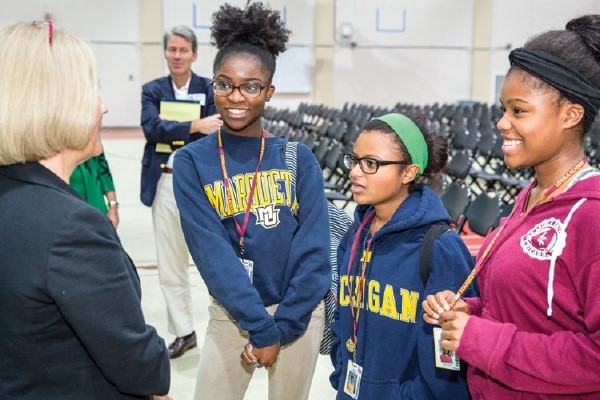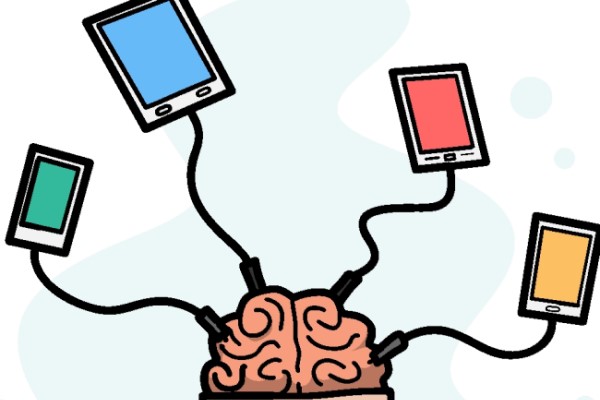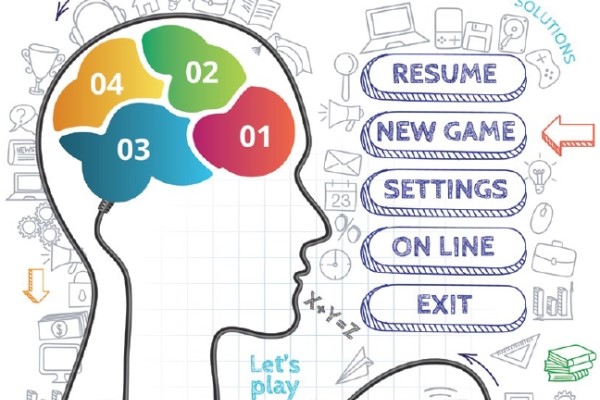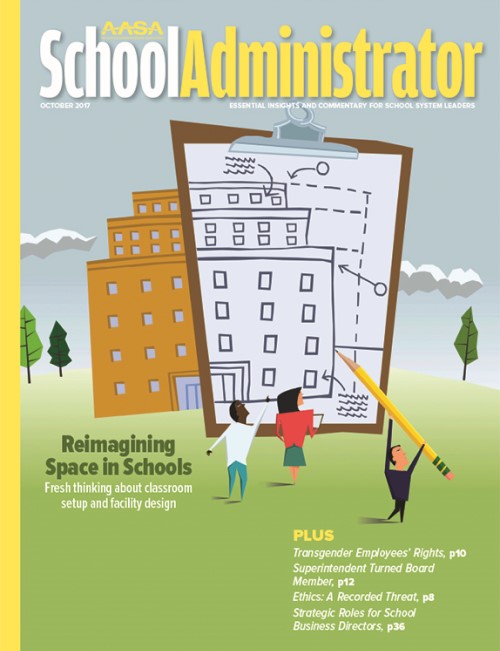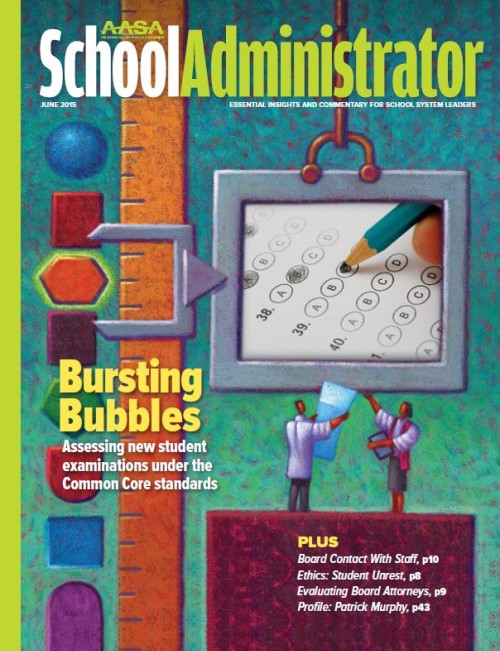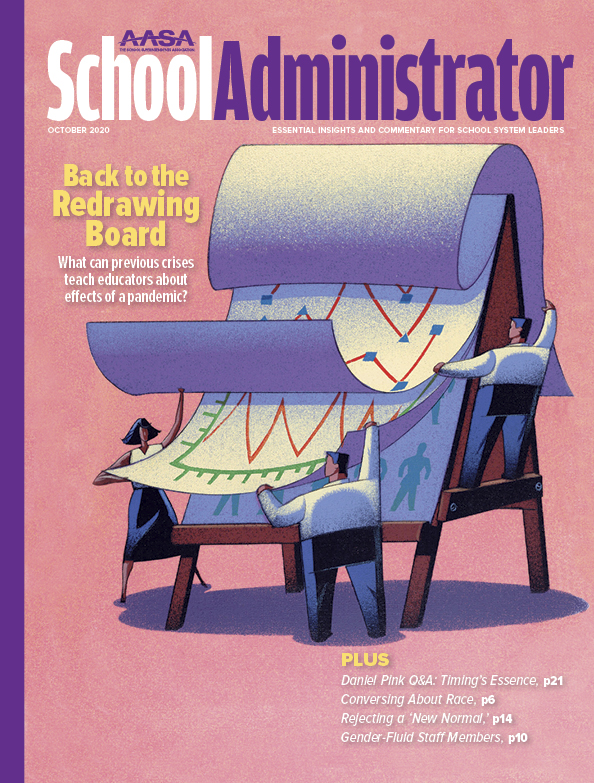September 2017: School Administrator

What the latest research applications mean for learning.
Advertisement
Additional Articles
-
 How Executive Function Helps Students Think Smarter
How Executive Function Helps Students Think SmarterAt Mountain View Alternative High School in Centreville, Va., teachers are coaching students daily on what it means to think smart.
-
Debunking Education's Neuromyths
Students' fixation on personal technology is altering their attention, thinking and memory, requiring new tasks for classroom educators.
-
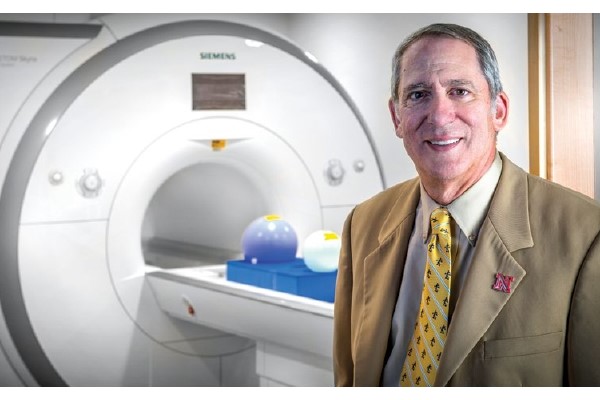 The Invisible Injury of Concussions
The Invisible Injury of ConcussionsA neuropsychologists's work identifies a responsibility for educators to protect students from a sports culture that tends to minimize the health consequences of head injuries.
-
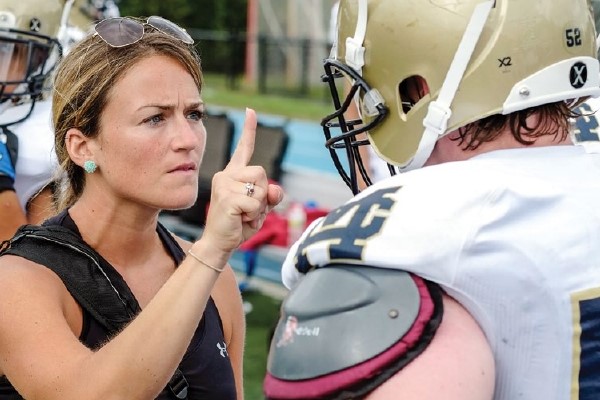 Championing Certified Athletic Trainers at Each High School
Championing Certified Athletic Trainers at Each High SchoolAn athlete’s bright future can change in a heartbeat from an accidental blow to the head or other serious injury.
-
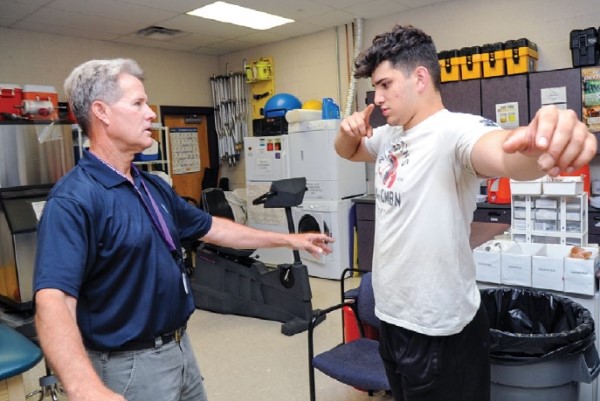 Beyond Safety Protocols: Concussion Management for Learners
Beyond Safety Protocols: Concussion Management for LearnersSome school systems supplement return-to-play protocols for students with brain injuries with return-to-learn guidelines that call for academic support for recovering students.
-
 5 Keys to Concussion Management Programs
5 Keys to Concussion Management ProgramsSome school systems supplement return-to-play protocols for students with brain injuries with return-to-learn guidelines that call for academic support for recovering students.
-
 Surveying Constituents
Surveying ConstituentsA Gallup study of school systems’ public opinion polling habits.
-
 The Persistent Bigot
The Persistent BigotOur ethics panel analyzes the case of a board member who uses Facebook for racist and homophobic messages.
-
 A Vote for Voxer's Professional Benefits
A Vote for Voxer's Professional BenefitsThe author endorses the “walkie talkie” app for communication, leadership growth and relationship building.
-
 Costly Violations for Inaccessible Websites
Costly Violations for Inaccessible WebsitesFederal disability law has navigation demands for your district’s site.
-
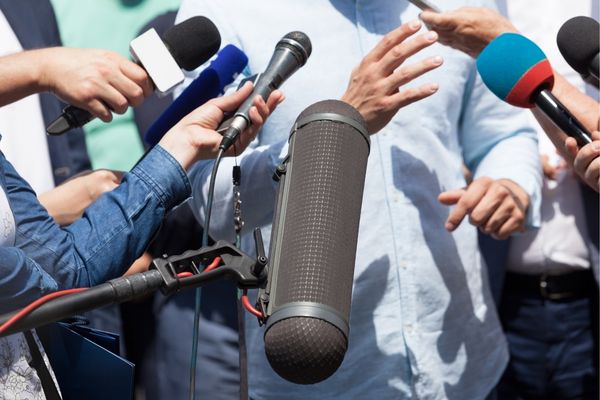 What Do You Share About a Brewing Crisis?
What Do You Share About a Brewing Crisis?When should your board members be in the loop or kept in the dark?
-
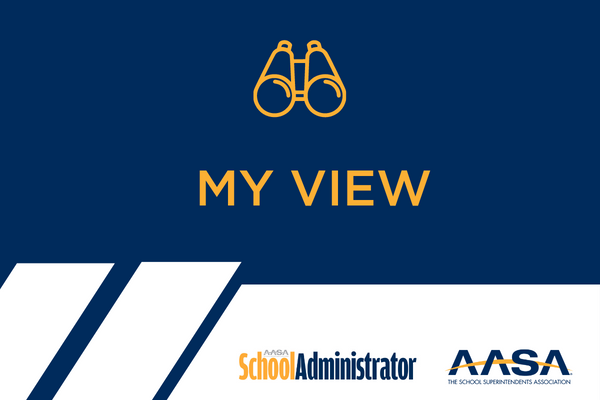 A Rant About Civility
A Rant About CivilityA veteran education leader asks: What does all the incivility mean for us as educators?
-
 Eight Skills Every Student Needs by 18
Eight Skills Every Student Needs by 18The former freshman dean at Stanford University observes too many students today lacking a sense of agency in their own lives.
-
.png?sfvrsn=5dd9d980_7) Telling Our Story of Our Culture
Telling Our Story of Our CultureA Connecticut superintendent gives an overview of his district’s use of various platforms for spreading positive words.
-
.png?sfvrsn=2c854cfb_9) The 21st-Century Brain
The 21st-Century BrainOUR WORLD IS changing rapidly, but the one thing we can count on is that, as they have done for centuries, human beings will change and adapt to their environment.
-
 Missing Love in the Proper Places
Missing Love in the Proper PlacesAnnouncing the timely launch of AASA’s “I Love Public Education” campaign.
-
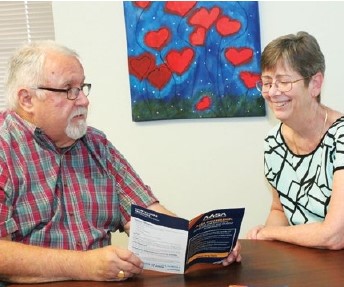 C.J. Reid and Lori Vines on Membership
C.J. Reid and Lori Vines on MembershipThe two-person department attends to growth and retention through service.
-
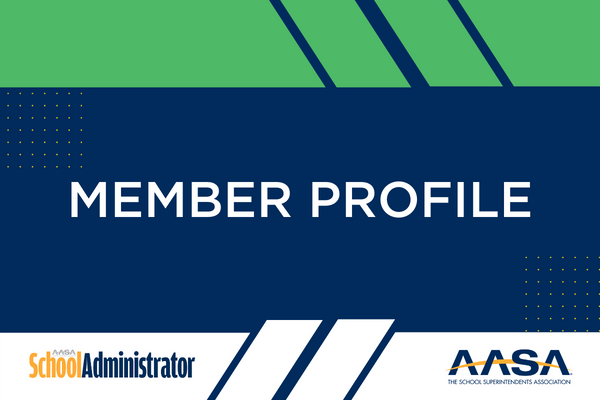 A Winning Formula on Remote Turf
A Winning Formula on Remote TurfBuilding trust was job one as superintendent in Kodiak Island, Alaska.
Staff
Editor's Note
Brainy Notions
Neuroscience long has informed educators about the developing nature of the teenage brain. It’s continually rewiring itself in complex ways as it matures, creating new connections and ridding itself of unneeded neurons along the way.
What this means for those responsible for educating adolescents is the subject of our editorial attention this month. We’ve called on some of the more visible researchers and consultants to shed light on how the research findings might shape our thinking on stimulating students to maximize their learning.
The Q&A with neuroscientist Frances Jensen, who launched her inquiries into this field while a parent of teenagers, is a useful starting point for understanding. David Sousa, author of The Rewired Brain, and education consultant Judy Willis, once a neurologist and a middle school teacher, share the practical applications they are finding in the latest research for school-based staff.
We’ve also chosen to use this issue to address a subject gaining overdue attention — how we ought to manage the lives of young people sustaining concussions, mostly through athletics.
We’d welcome your feedback.
Advertisement
Advertisement

